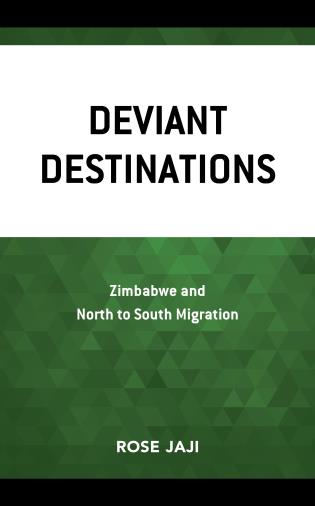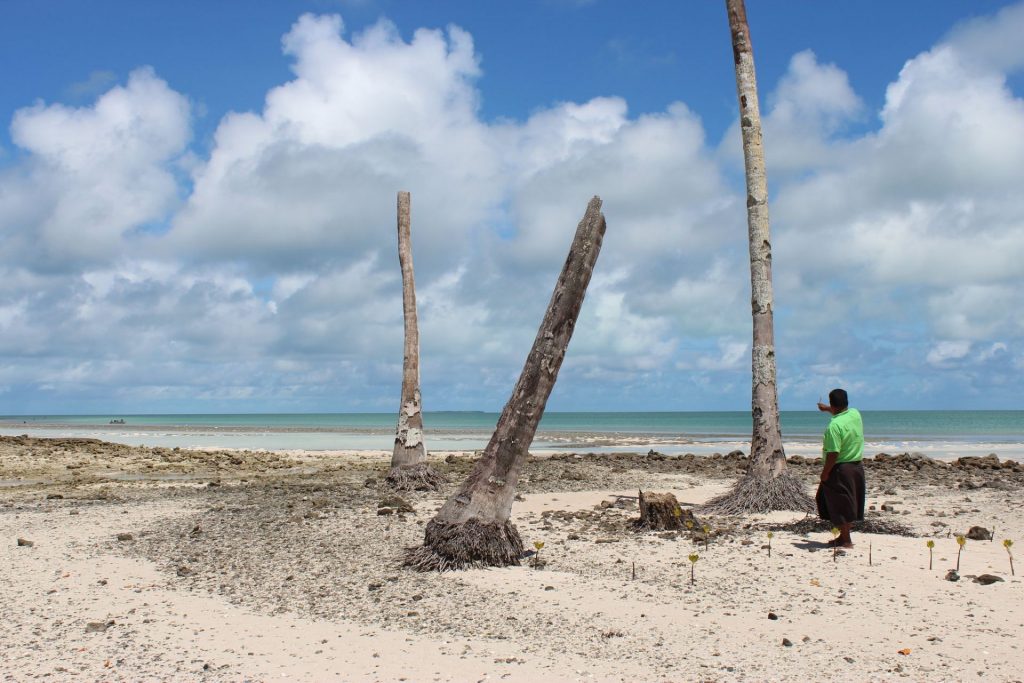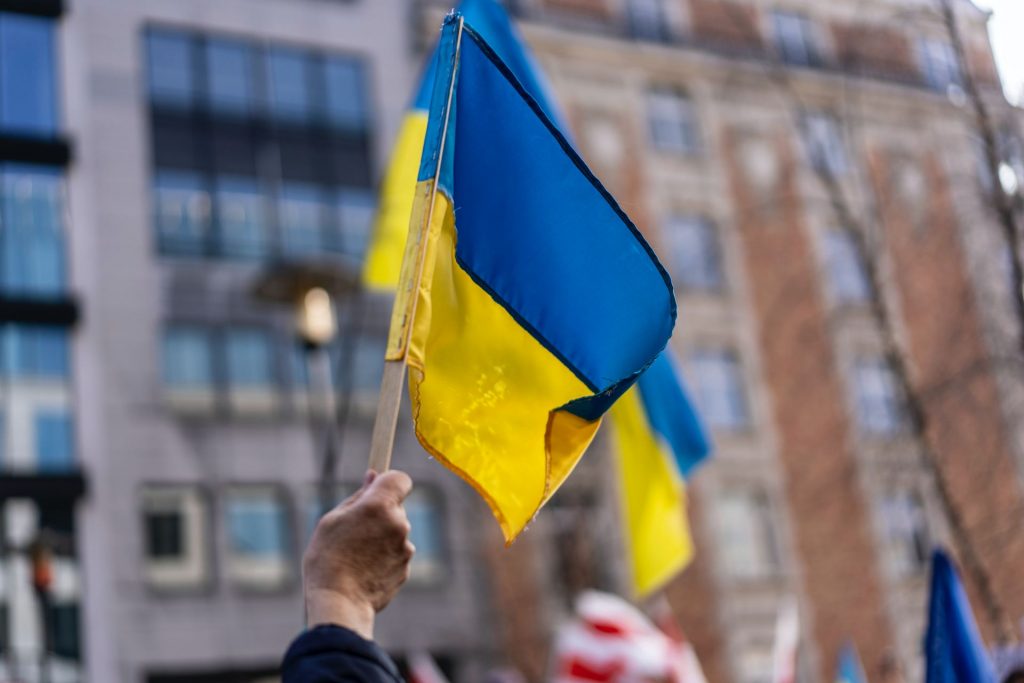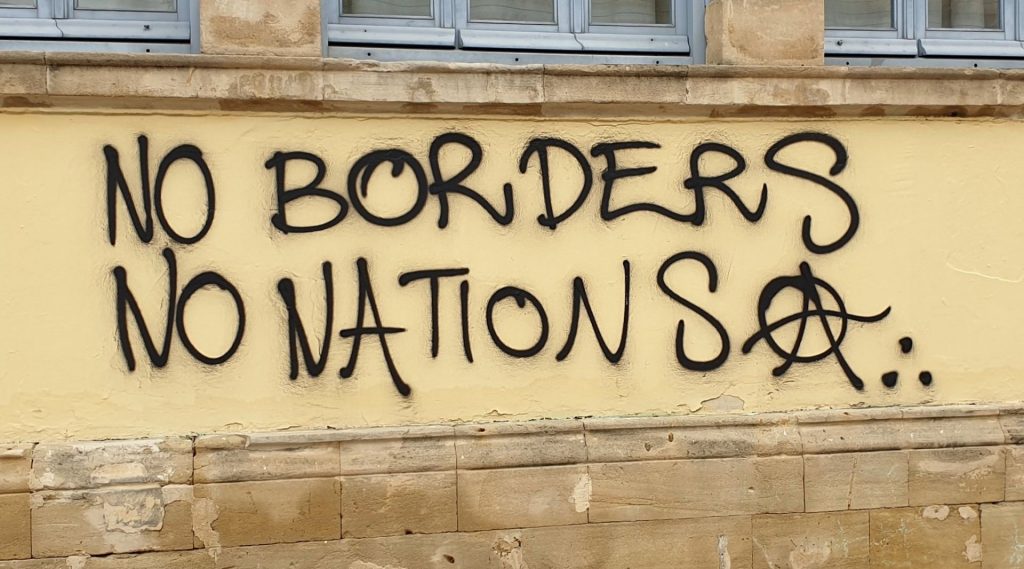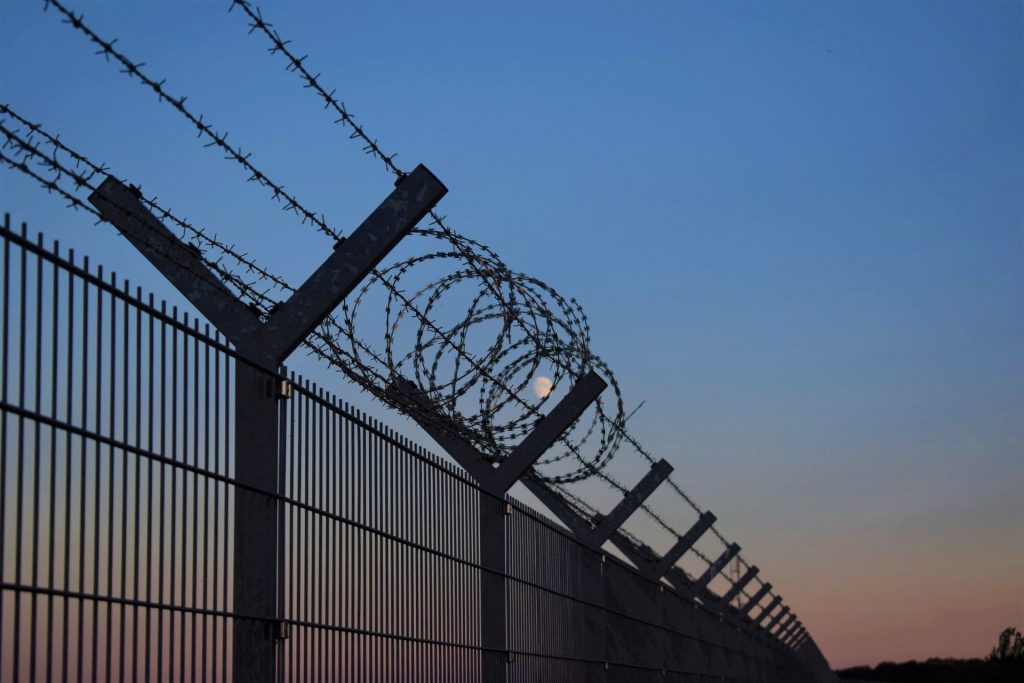By Bridget Anderson.
‘What angers me most is he chased away our grandparents… and now we have no food. Every child we bring into the world suffers. They must leave to find work and food for us. Some kids never come home. We just get news of their death. So you can see why we are so angry with this man.’
As she says these words, Batoula Adamou points down to the grave beneath her of French colonial commander Paul Voulet, whose notorious 1899 invasion of what is now Niger was one of imperialism’s most violent episodes. This scene in the town of May Jirgui comes towards the end of ‘African Apocalypse’, a BBC documentary on colonial violence, which MMB was thrilled to host at the Arnolfini in July, in association with the University of Bristol’s Department of Film and Television and PARC along with Afrika Eye, and supported by Deputy Vice-Chancellor Judith Squires.
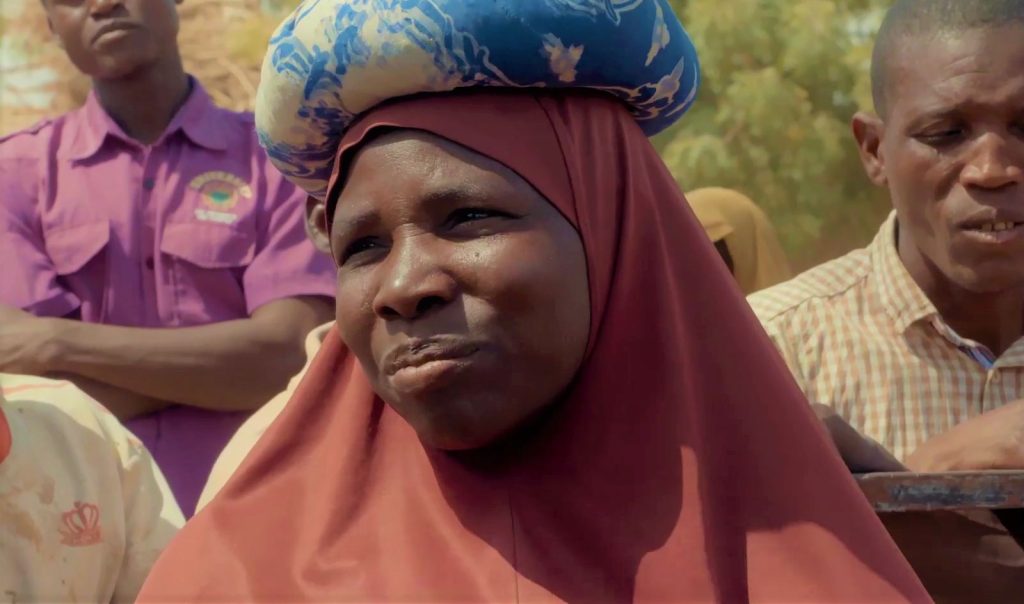
From the perspective of western policy makers, migration is almost always seen as a standalone issue, a case of force and freedom, push and pull. But for poor people in the global South migration is very often entangled with colonial histories and ongoing legacies that have bestowed vast inequalities and poverty.
‘African Apocalypse’ presents a journey by British-Nigerian poet-activist Femi Nylander across the Sahel of Niger in the footsteps of Captain Voulet. It soon becomes a People’s History of Colonialism as Nylander and director Rob Lemkin pass through town after town, village after village where residents, young and old, retain vivid collective memories of the day the ‘Whites’ came and the slaughter they brought, even though it was 120 years ago.
Our screening was the UK theatrical premiere of the Hausa language version of the film. As director Rob Lemkin explained in his live introduction to the film, this version was seen by more than eight million people in Niger and Nigeria when Kano-based Arewa 24 TV broadcast it every Sunday evening through February and March of 2022.
A powerful array of panellists, chaired by Peninah Achieng, included one of the film’s participants, Nigérien cineaste Amina Weira (live by Zoom from Niger’s capital Niamey), the noted filmmaker and scholar Imruh Bakari and one of the Colston Topplers and a member of #GladColstonsGone, Luke Wentworth. Luke’s account of Bristol’s history leading to a moment of upsurge found a telling connection with the Nigérien graveside anger that ends the film. The Colston statue stood as an insult to many in the local community for decades. By contrast, the grave of Voulet, which dominates the town square in May Jirgui, has produced bitter resentment among local residents for generations. In a pre-recorded conversation, May Jirgui Deputy Mayor Mahamane Salissou Issa told the Bristol audience how his town has been deprived of infrastructure since the colonial period.
A lively discussion followed the film screening, in which Ade Olaiya, a Member of the International Network of Scholars and Activists for Afrikan Reparations and UNESCO Inclusive Policy Lab Expert, spoke of the need for international civil society – including NGOs in the UK and Bristol – to support the people of Niger’s demands for reparations. He cited recent developments in the international reparations movement, including the launch in 2021 of the UK’s All Party Parliamentary Group on Afrikan Reparations and HR 40 in the USA. Rob Lemkin updated the audience on initiatives at the UN where the filmmakers have worked with the affected communities and lawyers to bring the matter to the attention of the UN Special Rapporteur on the Promotion of Truth and Justice.
Abdelkader Mossi, secretary of the Collectif des Nigériens de la Diaspora (around a dozen Nigeriens had come from London for the premiere) spoke of how important it is for Nigeriens to see their history more widely known and recognised. He spoke about his organisation, which connects Nigeriens in Britain, France and across Europe. He emphasized the importance of the fierce resistance of Nigeriens to the 1899 invasion and his hopes that this may be the beginning of a new type of relationship with France and Europe. Mossi also spoke of the vital role the Nigerien diaspora in Britain and Europe has to play in influencing positive developments.
The screening took place shortly after a public protest in Bristol against the British government’s policy of deporting migrants to Rwanda. Several in the Arnolfini audience came on from that event. One was Alimamy Bangura, a Sierra Leonean refugee living in Manchester. Alimamy spoke of the deep impact the film made on him, and the importance of recognising colonial violence and domination as the essential precursor to today’s global problems of inequality. He is now working through his organisation RAPAR (Refugee and Asylum Participatory Action Research) to bring ‘African Apocalypse’ to Manchester later this year.
Bridget Anderson is Director of Migration Mobilities Bristol and Professor of Mobilities and Citizenship at the University of Bristol.
African Apocalypse filmmakers wish to acknowledge the support of BERTHA FOUNDATION.



